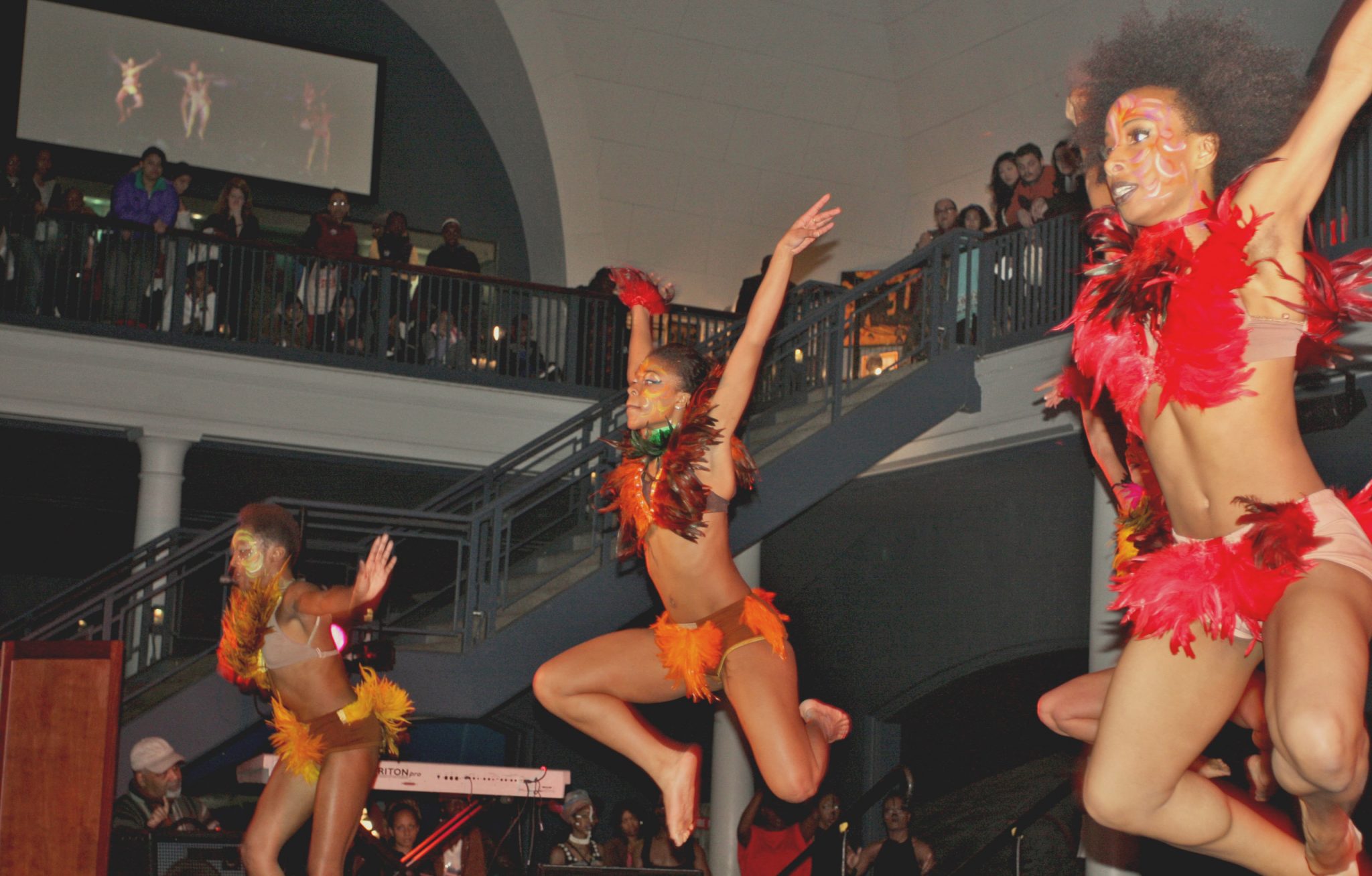As the year draws to a close, a co-operative festive season is being marked by African-American communities, which is based on the care of the collective rather than the individual.
Kwanzaa, which runs from 26 December to 1 January, is practised by millions across the USA to celebrated African values.
First celebrated in 1966-67, the festival culminates in a feast and gift-giving. It was created to help people get back in touch with their African heritage by uniting in meditation and study of communitarian African philosophy.
Professor Maulana Karenga, a leading figure in the Black Power movement who created Kwanzaa, based it on seven principles; one of these seven is Ujamaa, or Co-operative Economics; this is put into practice by the third principle, Ujima or Collective Work and Responsibility, which sees people work together for the economic benefit of their communities.
Kwanzaa celebrations can include drumming and music performances, libations, a reading of the African Pledge and the Principles of Blackness, a discussion of the African principle of the day or a chapter in African history, a candle-lighting ritual, artistic performance, and a feast.
At first, observers kept it separate from other holidays marked during the festive season to protect its integrity but now many families celebrates it along with Christmas and New Year. It is thought that around two million people observe Kwanzaa.
Writing about the festival for the Grassroots Economic Organizing (GEO) website, Ajowa Nzinga Ifateyo says: “Often, many have interpreted Ujamaa narrowly – supporting black businesses to keep more money circulating in the black community. This may be because we do not know or fully understand our ‘long and strong’ co-operative roots.”
Ms Ifateyo, a co-founder of the Ella Jo Baker Intentional Community Cooperative, an affordable housing co-op in Washington, DC, a founding board member of the US Federation of Worker Cooperatives, and a long-time member of the Eastern Conference for Workplace Democracy, says there is a co-op tradition which runs right back through the history of the African American community.
“Newly freed African people used co-operation and co-operatives to survive during and after slavery, pre-and post-depression, and every decade up to the present,” she wrote.
“However, Co-operative Economics is more than ‘buying black’, which is what some people in the movement have been advocating for many years. It is so much more, especially as we become more savvy and understand that just because someone is black doesn’t mean that are above exploiting black people, or that they have the interest of the majority of black people in mind when they act.”
She points to the failure of black political leaders, when elected to office, to remedy problems such as poverty, racism, black-on-black crime and white supremacy.
Kwanzaa, she says, is a time to remind African American people how they can act to support the interests of their communities.

She suggests steps such as:
- Organising a buying clubs for essential household items which can be bought in bulk and the savins shared out
- Setting up ‘susu’ loan clubs, where groups of five to seven people put money together to loan each other money. Five people contributing $50 or $100 could result in a $250 or $500 loan for each member.
- Organising childcare co-ops
- Shopping at at community-supported farmers’ markets to help black farmers and lower food costs
- Buying shared equipment – such as cars or computers – for apartment buildings or housing co-ops which do not have them
- Teaching young people in your skills such as basic electrical work, carpentry, machine repair, photography, archiving, cooking, nursing, etc. in return for yard work, childcare, or other services, ‘which could result in employment, or even them starting a co-operative’.
- Looking at the possibility of buying apartment buildings as a housing cooperative, or starting a worker or artist co-ops
- Switching financial business to a credit union
- Join attempts to organise a public bank in D.C. to have more input into how tax funds are invested
- Get involved in the rising Solidarity Economy movement in D.C.